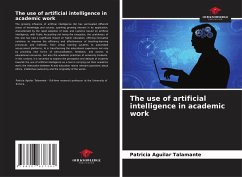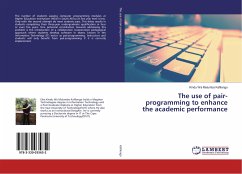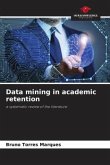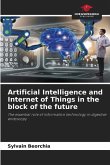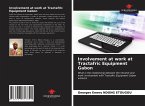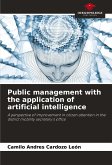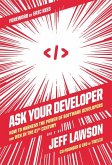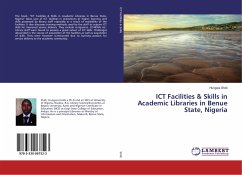The growing influence of artificial intelligence (AI) has permeated different areas of knowledge and society, sparking growing interest in its application, characterized by the rapid adoption of tools and systems based on artificial intelligence, with Public Accounting not being the exception, the usefulness of this tool has had a significant impact on higher education, offering innovative solutions to improve the efficiency and effectiveness of teaching-learning processes and methods, from virtual tutoring systems to automated assessment platforms, AI is transforming the educational experience not only by providing new forms of personalization, feedback, and access to educational resources, but also the academic practices of university students. In this context, it is essential to explore the perception and attitude of students towards the use of artificial intelligence as a tool in carrying out their academic work; the interaction between AI and education raises relevant questions about ethics, intellectual autonomy and the originality of the works.
Bitte wählen Sie Ihr Anliegen aus.
Rechnungen
Retourenschein anfordern
Bestellstatus
Storno

